Reviewed by Meg Flores
Google's smart home ecosystem is in the middle of its biggest shake-up in years. The company officially confirmed a shift to AI-powered home management, replacing Google Assistant with its advanced Gemini system. The promise, simple enough: smarter automation, real conversation, fewer headaches. After years of fiddly commands and brittle routines, that sounds overdue.
What does this mean for the future of smart homes?
This is bigger than a software toggle. It is Google's bet on a house that listens, learns, and actually helps. The company is building an ecosystem where voice, automation, and personalization feel like one system instead of three features you have to babysit.
Support for devices from the past decade signals real long-term commitment, which pushes back on old fears about short-lived products. Pair that with natural language chops and Google's data resources, and the integrations start to feel useful, not flashy.
Most importantly, it seems aimed at real friction points, not just slapping AI on everything. Rather than adding AI features just because they can, Google is going after setup fatigue, brittle routines, and noisy camera alerts. If that foundation holds, Google says the next step could include anticipatory help that accounts for family routines, weather, and calendars.
Bottom line: Google's Gemini shift tackles years of smart home complexity while adding genuinely helpful AI. Whether you manage a few bulbs or a whole-home setup, these changes aim to make your place feel smarter, and more importantly, simpler to live with.




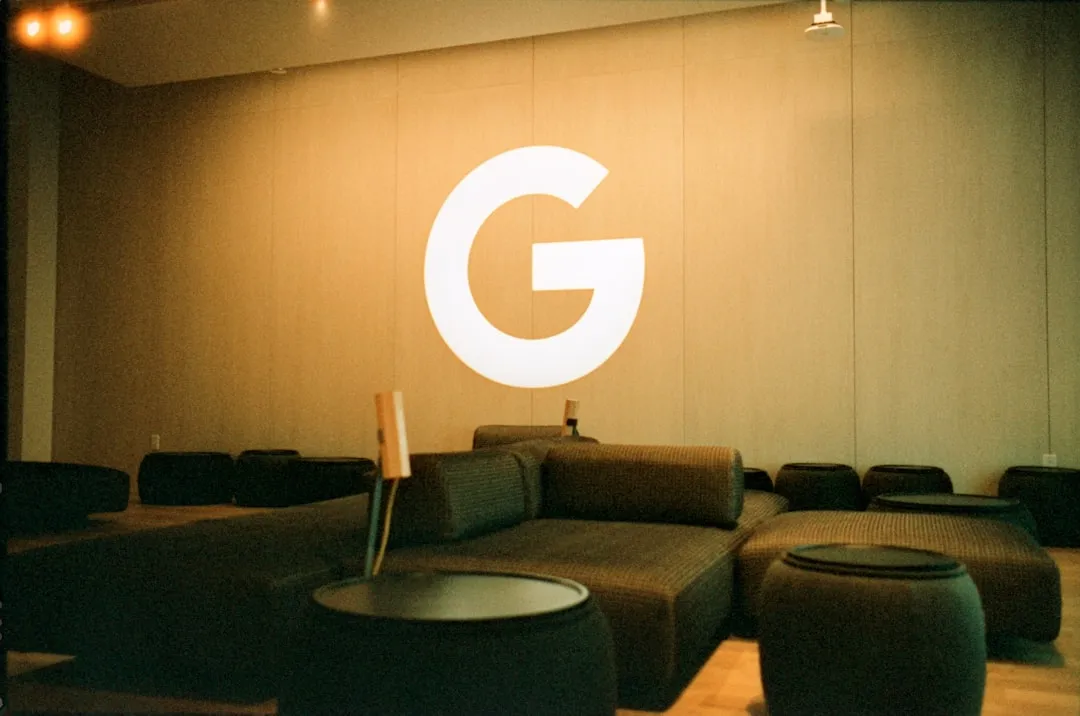
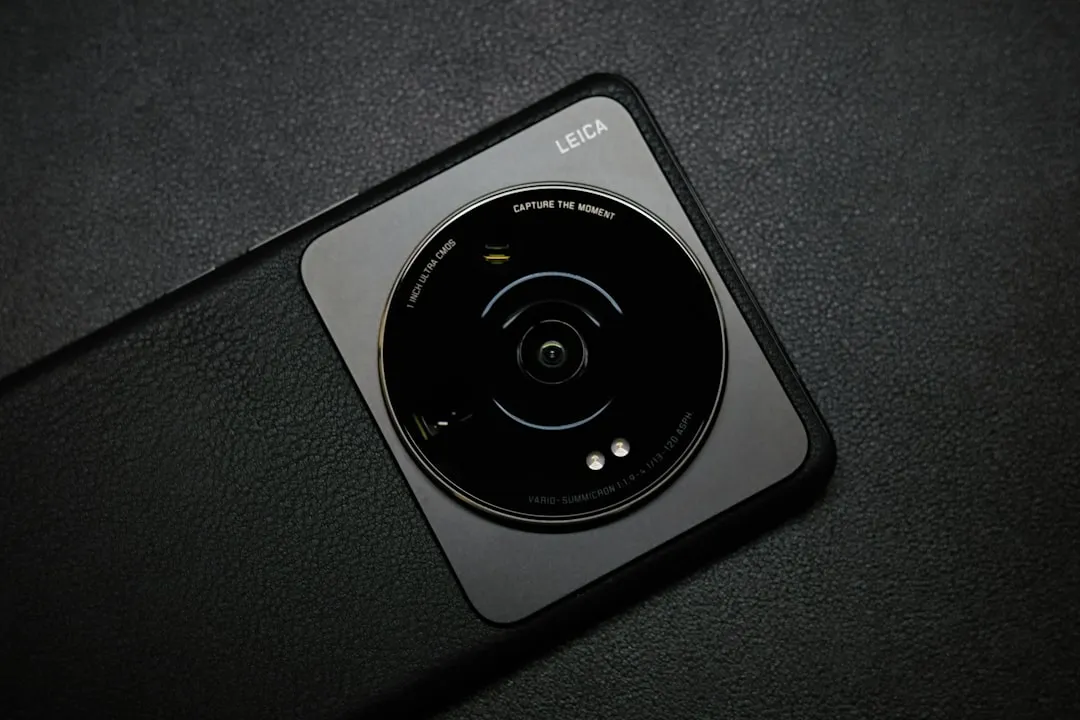



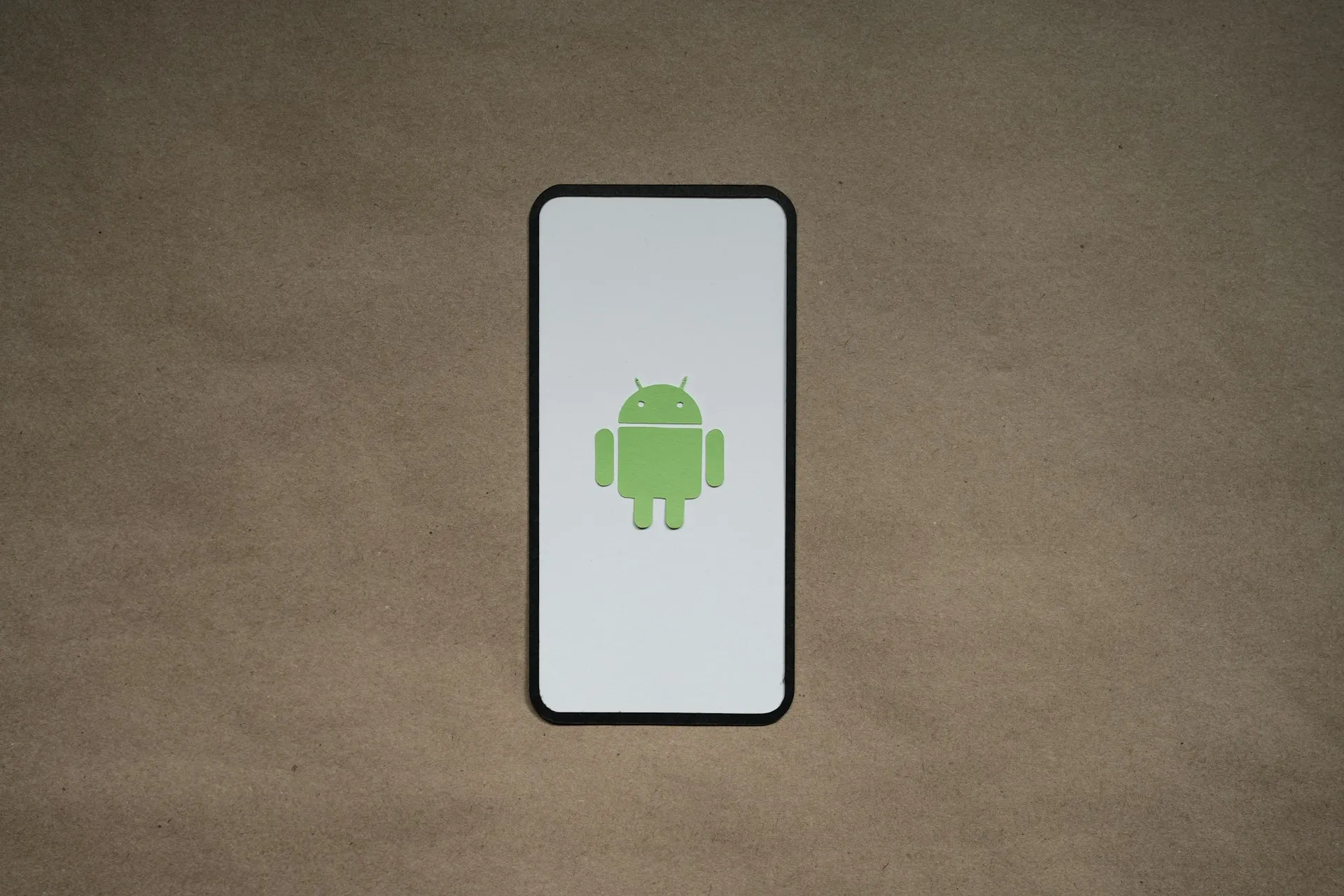










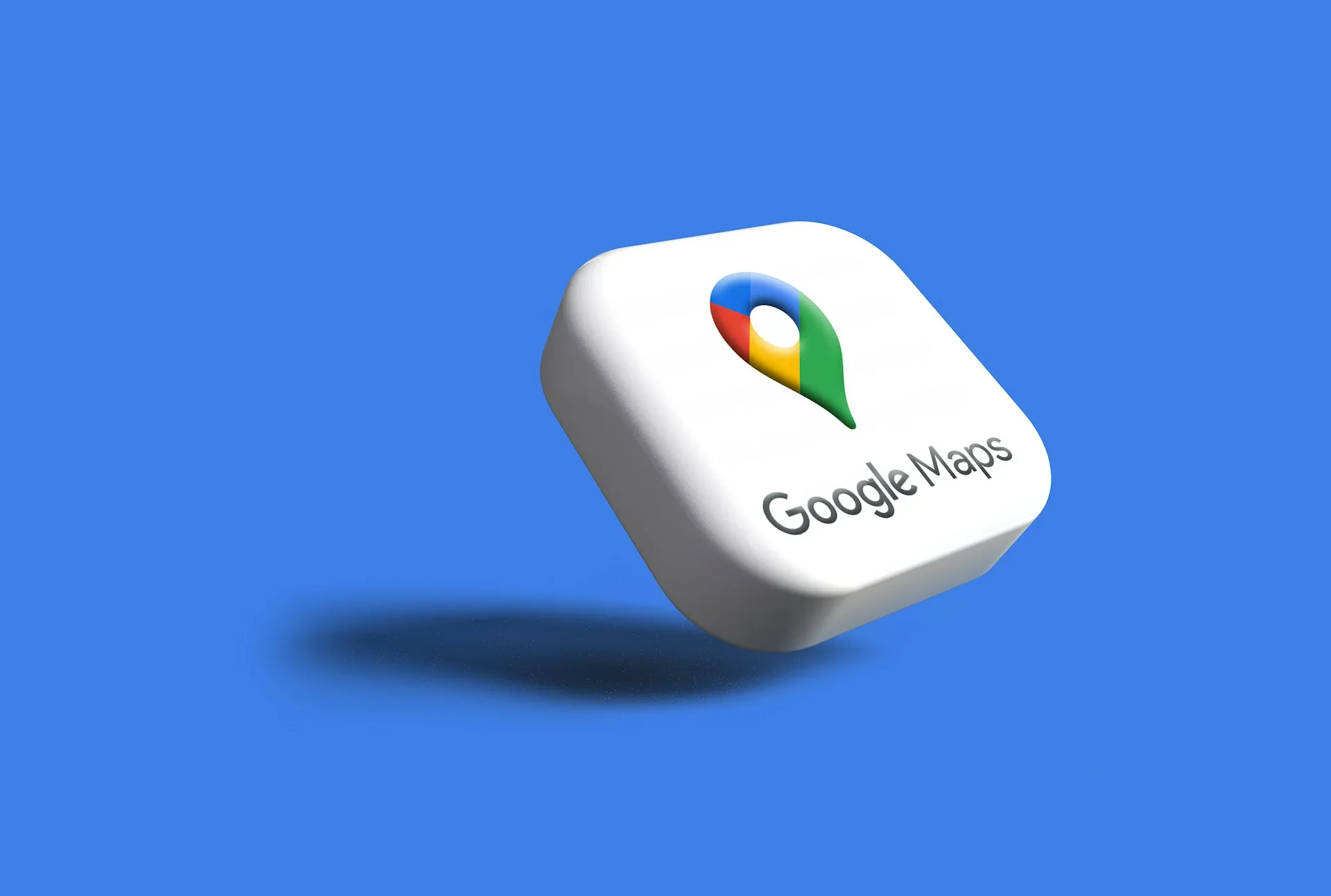


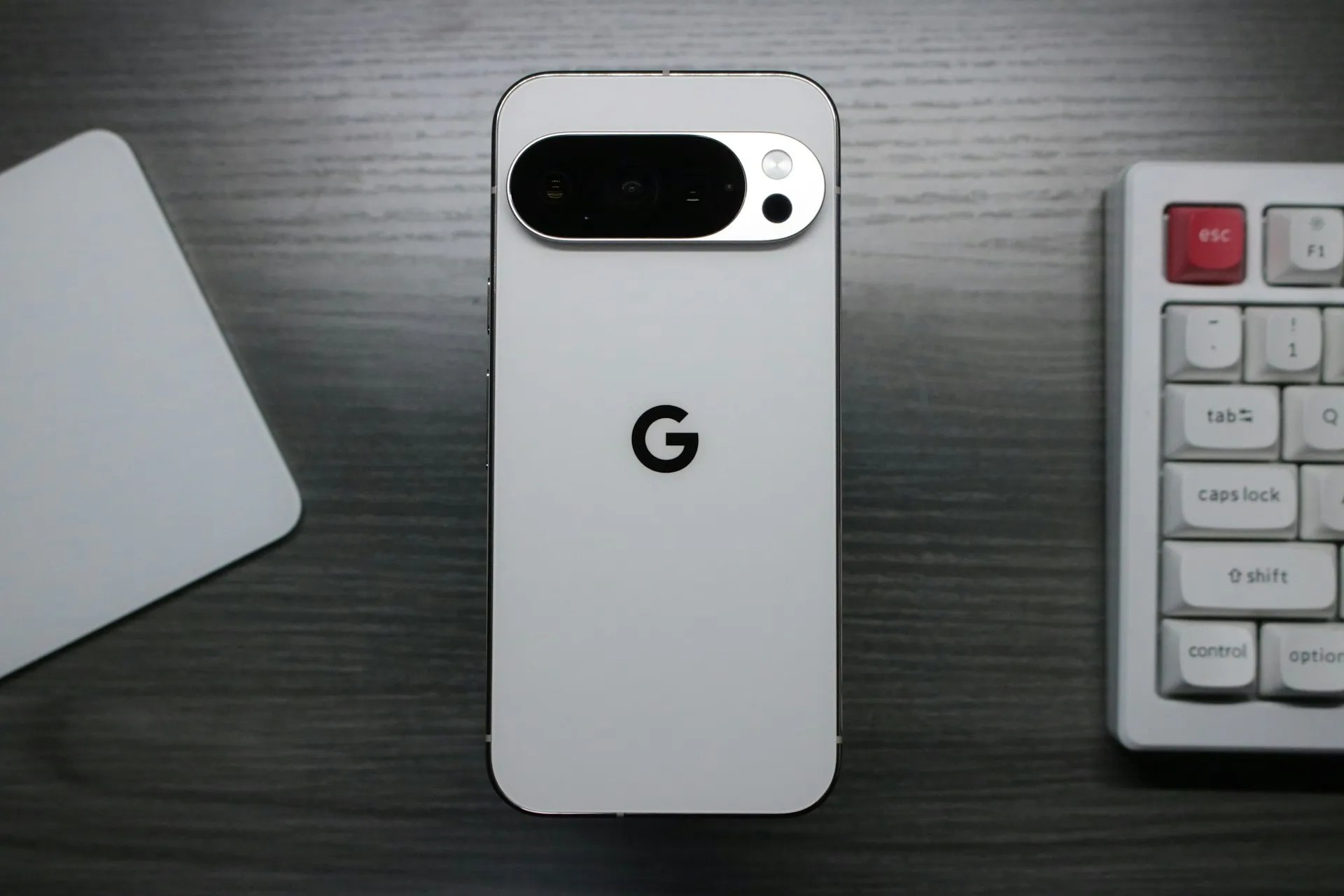
Comments
Be the first, drop a comment!